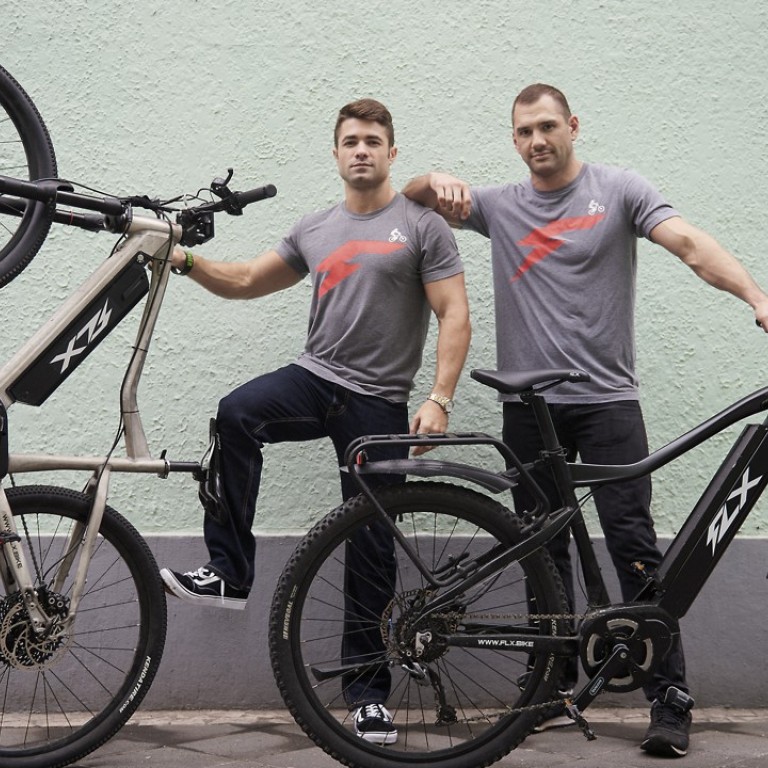
Why Shanghai is a hub for lifestyle tech start-ups, and how quickly ideas can reach scale there when the stars align
Shanghai has seen a huge growth in start-ups in the last few years, with many capitalising on the city’s cosmopolitan nature. Here we look at three that characterise its unique scene: MeWXH, FLX Bike and BottlesXO
Erik Walenza-Slabe, director of the Shanghai chapter of start-up community Start Up Grind, says the pace of growth in recent years of Shanghai’s start-up scene is frightening.
“China is unlike any other country – including the USA – in its ability to rapidly scale when both market forces and the government are aligned,” he says.
Chinese start-up racing against Tesla to test robot trucks
When the Shanghai chapter of Start Up Grind opened four years ago, the city’s start-up scene was still small. Today, Walenza-Slabe says, it is “one of the largest and most active regions of entrepreneurial activity in the world”.
More than 70,000 new businesses were set up in the city in the first five months of last year alone, Shanghai vice-mayor Zhou Bo told the press at the time, a 20 per cent increase over the same period the year before.
Beijing, Shenzhen and Hangzhou can lay claim to being straight-up tech hubs, a tag for which the new proclaimed “Greater Bay Area” – Hong Kong, Macau and cities in Guangdong province – is also vying. But in cosmopolitan Shanghai, it is start-ups that cleverly combine tech, e-commerce and lifestyle that are carving out a niche. Many sell exclusively online, capitalising on the global surge in e-commerce and China’s mobile digital explosion. Here are three start-ups that characterise this boom.
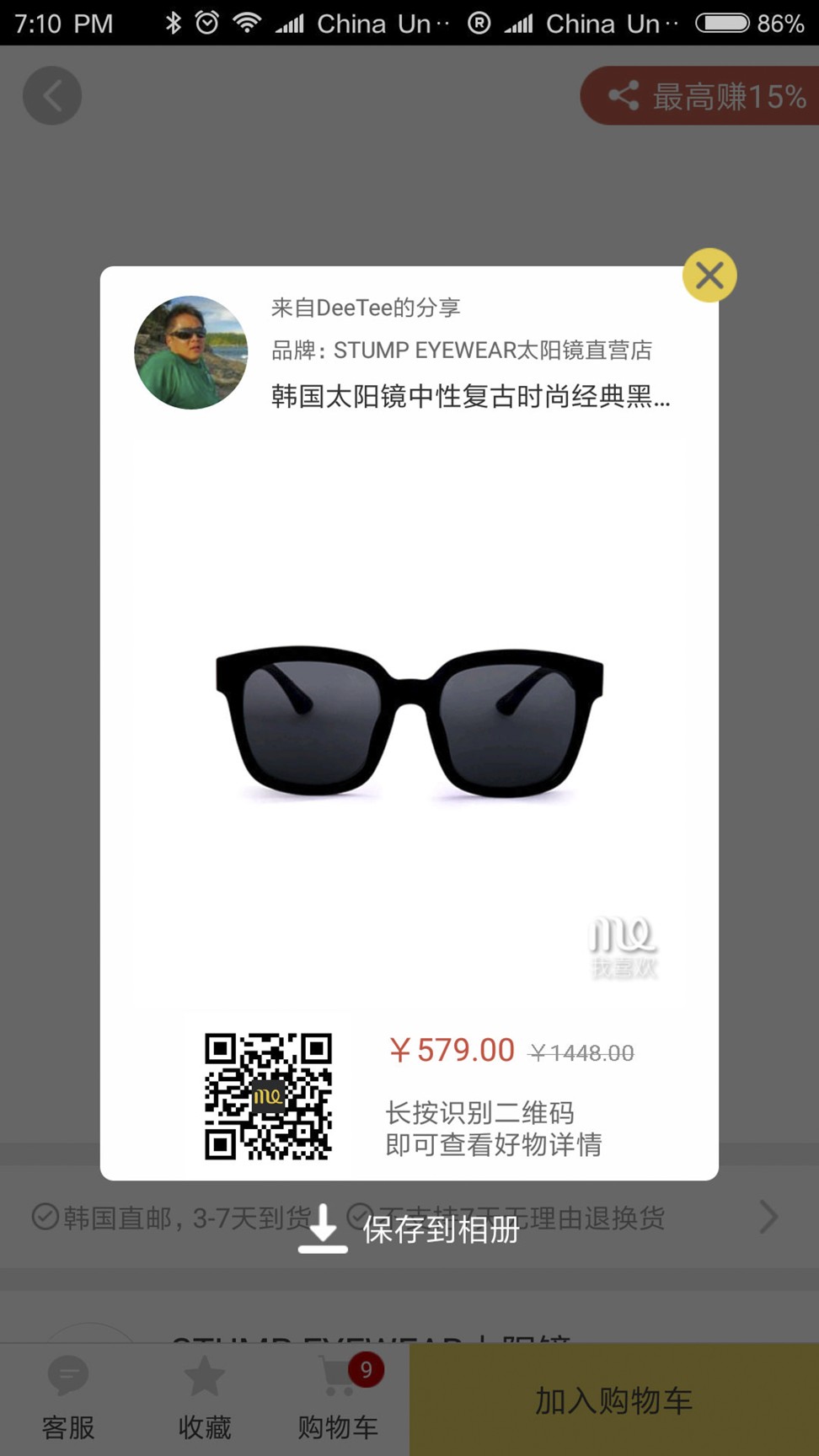
MeWXH
E-commerce and social media fashion app
MeWXH (WXH standing for wo xi huan, meaning “I like” in Putonghua) is a fashion e-commerce app that sells trendy, branded items through a social media-like, peer-to-peer mobile platform.
Users browse and buy through posts from independent sellers on the platform, who highlight items they personally curate from brands large and small. Items are delivered direct to customers from the brand; the sellers hold no inventory, which gives them the flexibility to decide how much time they invest in promoting the items.
CEO Alan Fang, from Hong Kong, says that with Shanghai’s status as both China’s fashion capital and an emerging tech hub, it was a no-brainer to start MeWXH there.
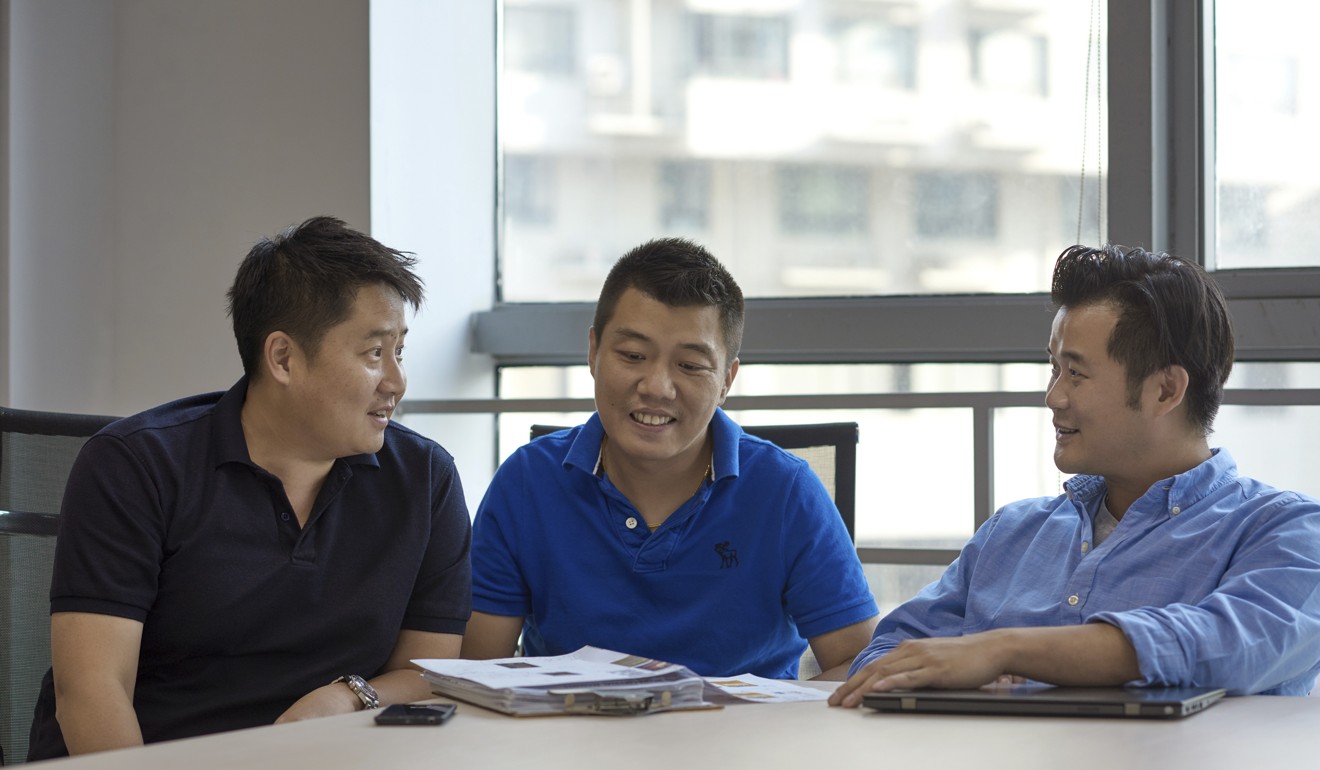
The business is a little over a year old and growth has been fast. In August, the company generated an impressive 40 million yuan (US$6.1 million) in total sales revenue through the app, a stark rise from the 100,000 yuan generated in August 2016. “We’re on track to hitting a monthly sales target of 100 million yuan by the end of the year,” Fang says.
The company has 50 full-time employees and works with about 4,000 independent sellers across China. The app plugs into the flexibility and ubiquity of one-touch, digital money transfers enabled by WeChat Pay and Alipay, while selling authenticated brands including Nike, Puma, Steven Madden and Francfranc.
Fang’s two business partners bring a wealth of critical experience to the company. Chief technology officer Derek Trau has 15 years of start-up experience in Australia and Singapore, while chief operating officer Eric Zhang has a background in sales and marketing at Alibaba and Newegg.
Chinese start-ups are increasingly led by younger bosses
Fang says that to keep up with China’s digital fashion space, where speed and flexibility are a must, the business model for the app went through several iterations before settling on one that really worked. He adds that being from Hong Kong proved an advantage for him, in terms understanding merchandise and branding, and tapping into a community of international investors.
“But Hong Kong was never a choice for us [as a base] due to the limited market size,” he says. “Our technical requirements are demanding, but less so than pure tech companies who might choose Beijing and Shenzhen instead. Shanghai makes perfect sense for us.”
FLX Bike
High-end electric bicycles
In providing room and board as well as office space, the Shanghai headquarters of this sleek electric bike company is literally home to 14 international and local employees. The founders – Briton Pete Leaviss and American Rob Rast – also operate a small base in San Diego because their main buyer market is the US.
Founded just over two years ago, FLX sells electric bikes exclusively online and in 2016 raised a staggering US$1.71 million through an initial round of crowdfunding for pre-orders.
“We want to be the Tesla of electric bikes in terms of innovation and radical thinking … we’re making electric bikes sexy,” Leaviss says. “There’s a lethargic stigma attached to this industry. Our aim is to change it, plus they are incredibly fun to ride.”
The high-school dropout who founded Hong Kong’s first unicorn
With a global trend towards electric vehicles of all kinds, the duo see huge potential in the urban market for their high-quality, lightweight products. Leaviss explains that a mid-motor mounted between the bikes’ pedals, and a battery that fully integrates into the down tube, allows for better balance and performance compared with other electric bike brands.
The bikes, which range from US$1,799 to US$3,999, are manufactured just outside Shanghai and can be ridden on and off road. The latest “Blade” model has a top speed of almost 65km/h.
“We personally inspect and test each bike on site. That wouldn’t be easy if we didn’t live so close,” Rast says, adding that it would be “incredibly tough” to start the company anywhere else in the world.
Leaviss says that Shanghai’s more relaxed and “Westernised” attitude helps the company attract a younger, hipper talent pool “who aren’t afraid to shake things up a bit”.
“It also seems like everyone here has an idea for a product or service that’s going to revolutionise the world. It’s incredibly exciting,” he adds.
FLX shows how start-ups that don’t sell within China might still want to base their business in Shanghai. But with the company having now sold more than 3,000 bikes in the West, “launching in China is certainly an option in the future, only if we think that there’s enough demand for high-end e-bikes here,” Rast says.
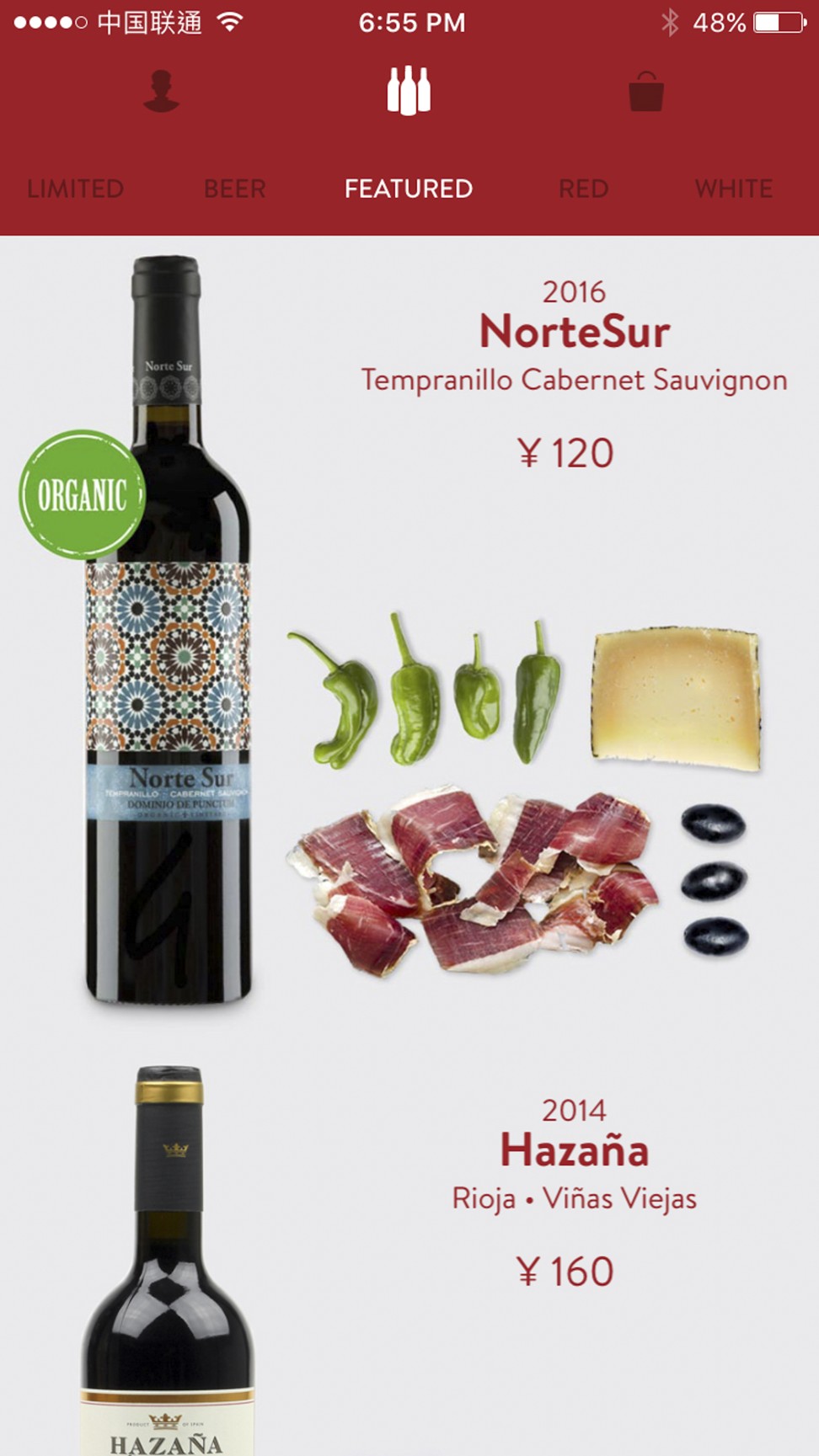
BottlesXO
Wine and beer delivery service app
German entrepreneur Thilo Fuchs, who started BottlesXO in Shanghai with Mischa Schulze and local partner Zou Zhengfang in 2015, says Chinese people are especially receptive to “new lifestyles and mobile, digital developments” – one of the reasons behind the success of his start-up.
The business began from a “pain point”: two Europeans working late and wanting to enjoy a good bottle of wine at the end of the day, but finding frustration over the commercial, overpriced wines sold at local stores. This led to the idea of offering selected, boutique wine options through a mobile delivery app that allows direct digital payment. Essentially, “it’s a tech start-up for the wine world,” Fuchs says.
“With a few taps, anybody can enjoy a perfect glass of wine, personally hand-picked from our European wineries, without paying a fortune,” he explains, adding that the average delivery time is 27 minutes.
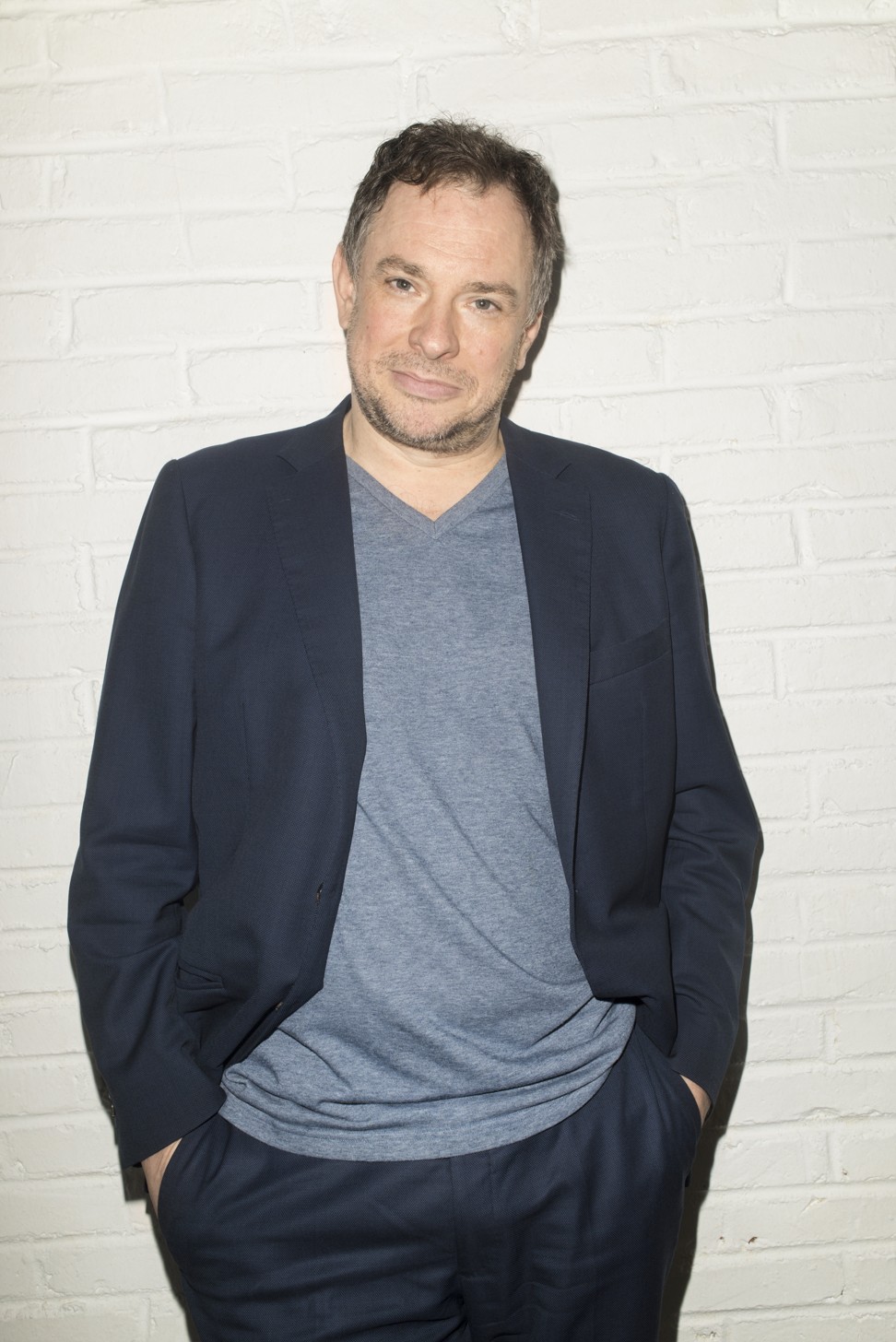
All deliveries are GPS tracked, and bottles arrive at your door at the ideal serving temperature, he says.
Fuchs visits the wineries and trade shows himself to choose wines, which come from “independent vineyards that are mindful about the environment and have a story to tell”. Helpful tips on pairings are giving through the app’s intuitive, friendly interface.
“For a service like ours, Shanghai, with its big international community, is the best entry point into a huge, complicated market like China. People here are completely open to trying new things and want to experience the next digital development,” Fuchs says.
Today, BottlesXO operates in Shanghai, Suzhou, Hong Kong and Singapore.
Shanghai’s future outlook
Shanghai’s status as a start-up capital comes from its combination of investor and government support, foreign-friendly culture, and its important free-trade zone. But while its keen consumers, low overheads and hi-tech environment make it sound like a start-up utopia, failures, like anywhere, are still common.
Doing business isn’t easy if you don’t speak Putonghua, and even then there can be cultural misunderstandings. Intellectual property is also still a tricky issue, but progress is being made.
It’s beautiful to see how energetic and optimistic people are here
Two years ago, Shanghai’s municipal government unveiled policies aimed at making the city a global tech innovation hub by 2030, with local businesses being the main driving force. Nevertheless there is a will to foster young, international start-ups with a number of programmes. One allows foreign graduates of mainland universities to apply for a two-year residence permit if they can prove they are starting a business.
In addition, “life quality and internationalism” mean that many foreign founders prefer Shanghai over other Chinese cities, Walenza-Slabe says. “No other city in Asia, or perhaps the world, has as many country or Asia-Pacific offices for Fortune 1,000 companies,” he says. “It has unmatched scale for partner and customer development.”
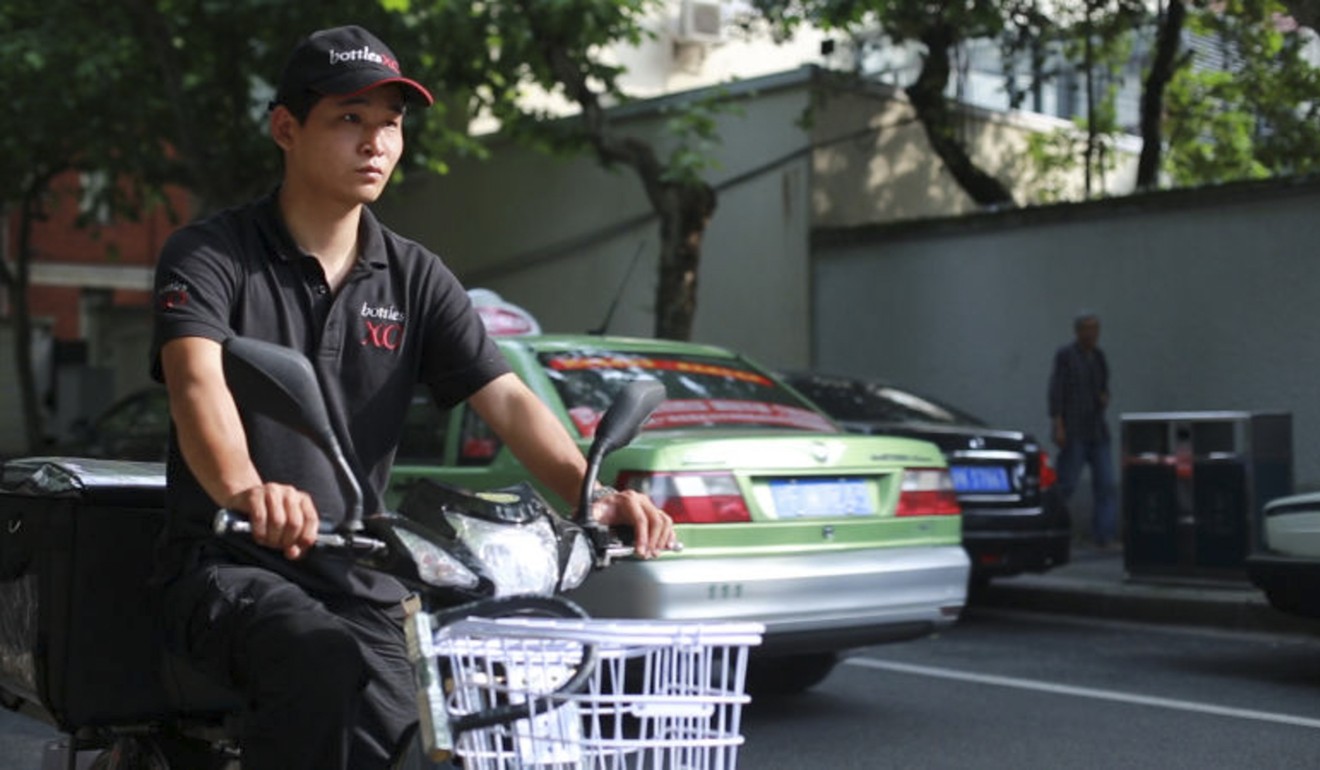
Districts such as Yangpu, once a base of heavy industry, are in the midst of rebooting their local economies towards new tech with the backing of billions of yuan in investment. “Shanghai is throwing off its typically associated ‘manufacturing chains’ and becoming known for its tech,” FLX’s Leaviss says.
Today, there are hundreds of programmes that support start-ups in the city. Walenza-Slabe says that as government-backed tech parks develop, districts are providing subsidies ranging from grants and free rent to venture capital investments “at rates that would make a free-market venture capitalist cringe”.
China takes gold in race to develop billion dollar ‘unicorns’
For Fuchs, it is all about the will of the city’s entrepreneurs. “It’s beautiful to see how energetic and optimistic people are here,” he tells me as he sips a glass of Ser Lapo Chianti from Tuscany at the BottlesXO bar on Hengshan Lu. “People here understand their ventures as a big journey – we all work in new areas and have to make mistakes and learn fast.”

